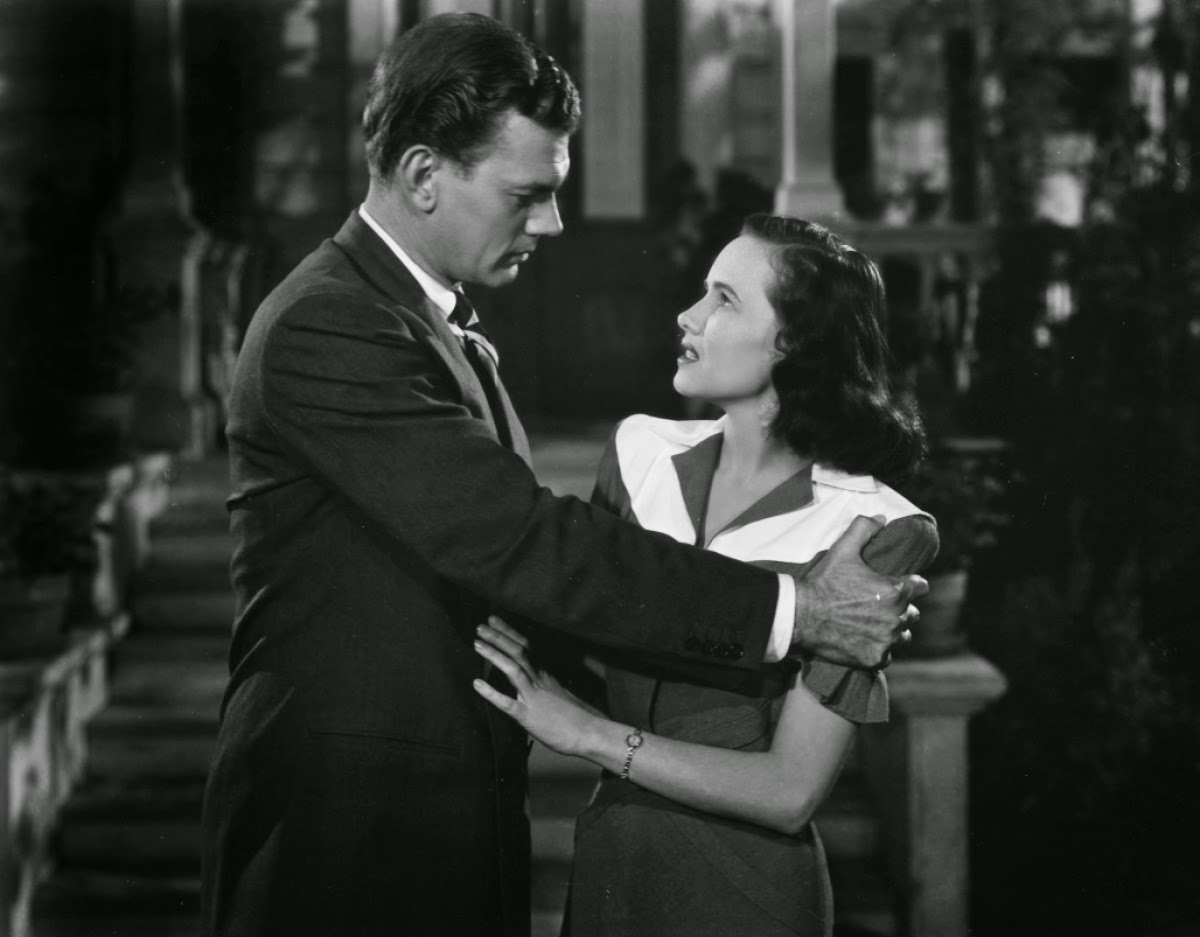

Little wonder that she finds her handsome, well-travelled uncle so exciting.įor both Charlie and her mother, Uncle Charlie represents a chance to vicariously experience some glamour and freedom. Young Charlie is bored out of her mind, having graduated from high school with no prospect of going to college, she’s waiting around for someone to marry her so that she can embark on the same kind of life that has left her mother a hollowed-out, anxiety-ridden wreck. Shadow of a Doubt is unflinching in its representation of the dullness and drudgery of women’s lives in small-town America during the period in which it’s set. As the film progresses, it’s revealed that the FBI are on Uncle Charlie’s trail and that he may or may not be the psychopathic killer of several wealthy widows. Charlie is therefore ecstatic when her mysterious Uncle arrives for a visit, but it’s apparent from the outset that Uncle Charlie is not in the slightest bit innocent and that he’s exploiting his niece’s fixation on him for ends that are not immediately clear. This crush isn’t too surprising considering the awful boredom of the life that she’s living in a small town with her painfully “average” family, including a benign but emotionally absent and useless father, a drudge of a mother and two younger siblings. The film’s protagonist is Charlie, a young woman somewhere between adolescence and adulthood, who has an innocent crush on her Uncle Charlie, her mother’s younger brother for whom she was named. Although by no means an intentionally feminist film, Alfred Hitchcock’s Shadow of a Doubt(1943) is a film that has a lot of interesting things to say about women, the family and patriarchy.


 0 kommentar(er)
0 kommentar(er)
